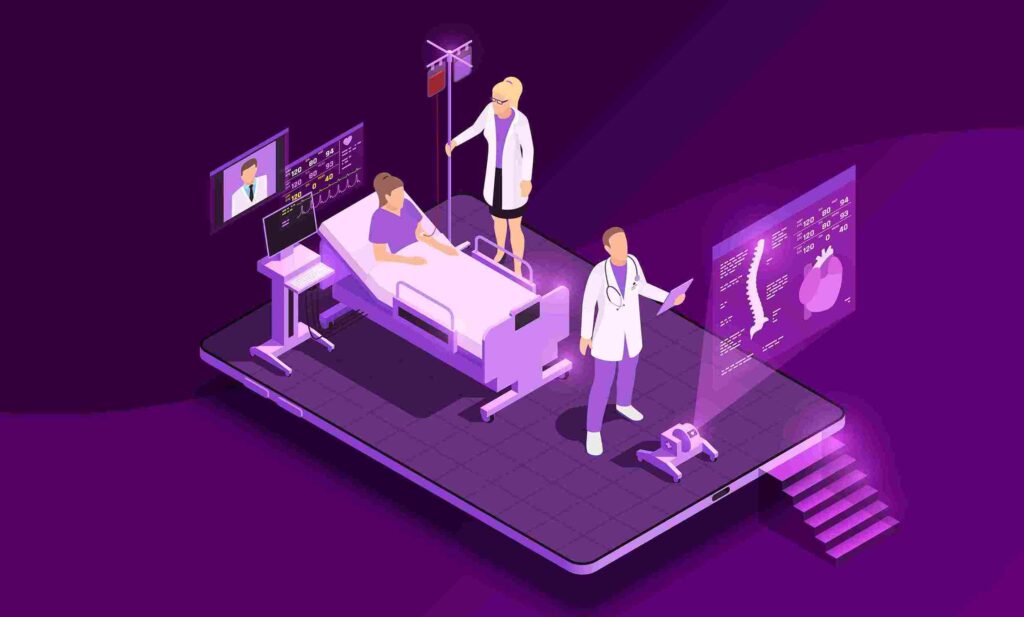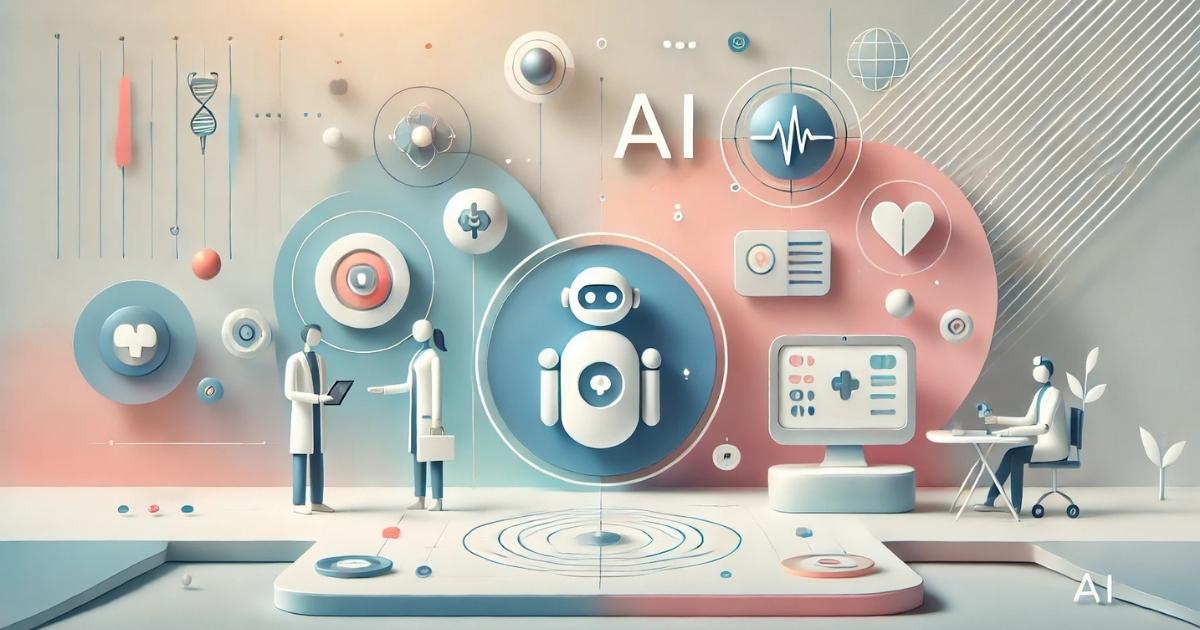Dr. Priyanka Bajaj

In the rapidly evolving landscape of healthcare technology, artificial intelligence (AI) is emerging as a transformative force that promises to bridge critical gaps in healthcare delivery, from hospital systems to primary care. Dr. Priyanka Bajaj, a health technology expert at PATH, shares her insights on how AI is reshaping healthcare delivery and improving patient outcomes across all levels of care.
Revolutionizing Healthcare Delivery
AI’s integration into healthcare systems is occurring at multiple levels, each addressing specific challenges in the healthcare continuum. At the hospital level, AI is transforming how we utilize electronic health records, enabling healthcare providers to identify high-risk populations, predict potential outbreaks, and optimize patient follow-up care. As Dr. Bajaj explains, the purpose of primary healthcare, as a pillar of universal health coverage, is to provide essential medicines and diagnostic services to the population. In settings where specialist access is limited, AI-enabled technologies are proving particularly valuable, providing first-level screening and clinical decision support that can significantly improve health indicators through early intervention.
Bridging Healthcare Gaps
One of AI’s most significant contributions is its ability to democratize healthcare access. In areas with limited specialist access or sophisticated infrastructure, AI-integrated point-of-care tools have become invaluable for screening large populations and identifying individuals at risk of various conditions. This early intervention capability is particularly crucial for managing both communicable and non-communicable diseases, enabling healthcare providers to reach and treat patients who might otherwise go undiagnosed until their conditions become severe.
Lessons from COVID-19
The COVID-19 pandemic served as a catalyst for AI adoption in healthcare, accelerating the development and implementation of innovative solutions. During this unprecedented crisis, AI technologies emerged as crucial tools in the fight against the virus. Healthcare facilities worldwide implemented AI-powered thermal imaging for fever detection, while sophisticated algorithms analyzed chest X-rays to identify COVID-19 pneumonia. Smartphone-based applications utilizing AI to analyze cough sounds helped screen for COVID-19, TB, and COPD. Remote patient monitoring systems with AI-driven decision support enabled healthcare providers to monitor patients safely at home, while robots and drones equipped with AI capabilities assisted in sanitization efforts and medical supply delivery to hard-to-reach areas.
Building a Sustainable AI-Driven Healthcare System
The foundation of sustainable AI implementation in healthcare lies in what Dr. Bajaj calls a “human-centered approach.” This philosophy emphasizes maintaining human oversight while leveraging AI capabilities, ensuring ethical implementation with transparency and accountability, and protecting patient privacy. Success in this area requires robust multisectoral collaboration, adherence to regulatory standards like HIPAA, and a commitment to continuous iteration and improvement of AI systems. The focus remains on enhancing, rather than replacing, human capabilities in healthcare delivery.

Emerging Innovations
The current landscape of AI in healthcare is rich with promising innovations being implemented in primary healthcare settings. Thermal imaging technology enhanced with AI is revolutionizing breast cancer screening, making it more accessible and less invasive. AI-powered cervical cancer screening tools are enabling early detection in areas with limited specialist access. Smart stethoscopes that convert sound to images for cardiorespiratory analysis are transforming how healthcare providers diagnose heart and lung conditions. Perhaps most excitingly, smartphone-based technologies are emerging that can detect conditions like hypertension and arrhythmias, while AI-assisted chest X-ray analysis is accelerating tuberculosis screening in high-burden areas.
Looking Ahead
The future of AI in healthcare holds immense promise, but realizing this potential requires a collaborative approach. Dr. Bajaj emphasizes the importance of breaking down silos between innovators, clinicians, health systems, and communities. The goal is not simply to develop new technologies, but to create solutions that genuinely meet the needs of the health system—solutions that are affordable, safe, and quality-assured.
As healthcare continues to evolve, the focus must remain on ensuring these innovations are accessible, ethical, and truly serve the communities they’re designed to help. “Be a solution provider, not just a technology provider,” Dr. Bajaj concludes, emphasizing that the true measure of success lies not in the sophistication of the technology, but in its ability to improve health outcomes for all populations.
Authors Biography
Dr. Priyanka Bajaj, is a Health Technology Innovations Specialist at PATH, advising on clinical, regulatory, and market access aspects. She leads cross-disciplinary public health projects globally, supports technology scale-up, and has expertise in diagnostics, medical devices, and public health integration.

